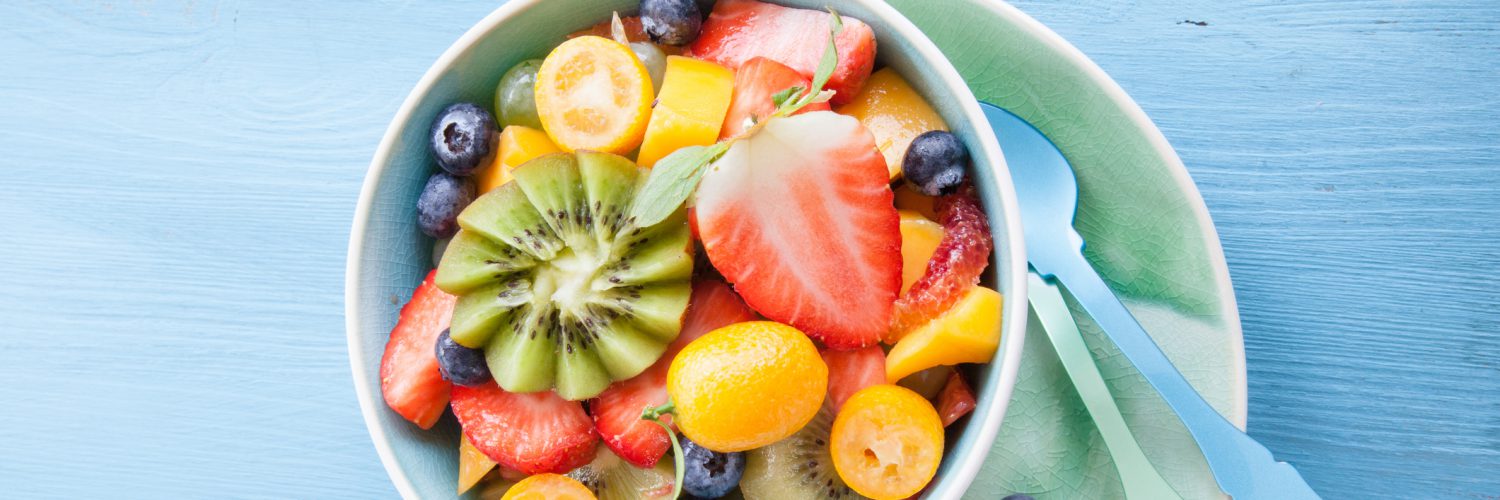Calories are an important part of nutrition and weight management. Good nutrition requires mindful choices of nutritious calories, while weight management concentrates on the balance between the calories you eat and the calories you burn. Whether you’re trying to improve your eating habits or watching your weight, these tips will help you understand calories, eating the right types and how to cut them.
What is a calorie?
Foods and beverages provide your body with energy. Calories are a unit of measurement that describes how much energy your body gets from foods and drinks. In addition, calories are used to measure energy used during physical activity and exercise.
Nutrient-dense versus empty calories
Cutting calories doesn’t necessarily mean that you have to eat less food. It comes down to choose the right kinds of calories. Choose nutrient-dense foods that are lower in calories rather than higher calorie foods that don’t have much nutritional value.
Nutrient-dense foods are rich in vitamins, minerals and nutrients that are required for health. These foods are typically lower in saturated fat, added sugars and sodium. Examples of nutrient-dense foods include:
- Fruits and vegetables
- Lean meats, poultry and fish
- Whole grains
- Nuts and seed
Eating too many empty calories can affect the overall quality of your diet. They are foods that do not contribute much nutritional benefit. Foods that fall within this category are typically high in solid fat and added sugar and sodium. Examples include soda and other sugary drinks, desserts such as cakes, donuts, and cookies, and processed snacks such as potato chips and cheese curls.
Tips to manage your calories
- Choose low fat or fat-free dairy products instead of whole-fat options
- Use healthier cooking oils such as olive, canola and vegetable oils to cook rather than butter
- Fill up on fruits and vegetables! Prior to eating the protein or carbohydrate portion of your meals, eat your fruits and vegetables first
- Savor soups made with vegetable broth instead of high-calorie cream- or meat-based soups
- Select salad dressings that are mostly made of oil or vinegar rather than creamy dressings
- Steam or grill your vegetables instead of sautéing in butter or oil
- Bake or grill your meats rather than frying
- Rethink your drink. Opt for water for most of your beverages throughout the day—it’s calorie-free!
- Instead of having sweets for desserts, have fruit to satisfy your sweet tooth
- Use half the amount of condiments than you normally would. Try this with mayonnaise, ketchup and your other favorites
- Use half the amount of sugar than you normally would in your coffee or tea—or try to eliminate it altogether!



